AWS open source newsletter, #193
A weekly round up of the latest open source news, projects, and events that every open source developer should know about.
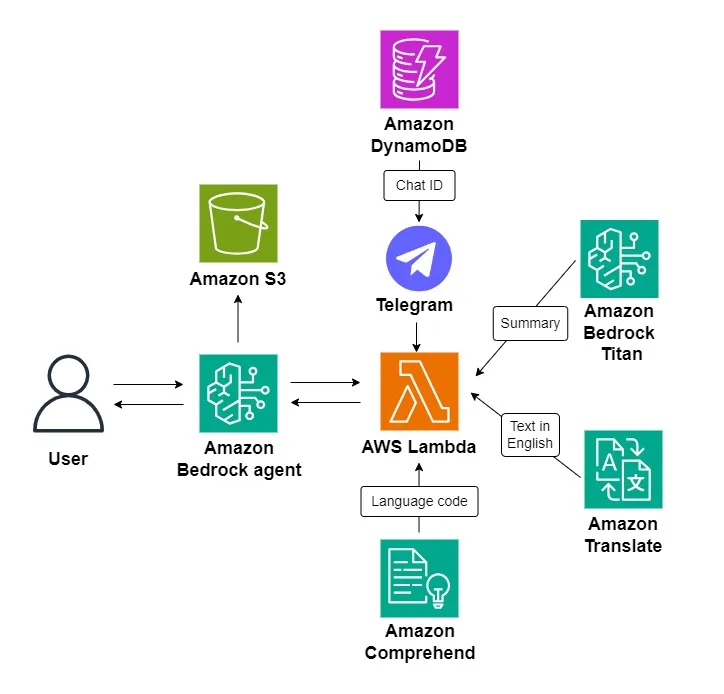
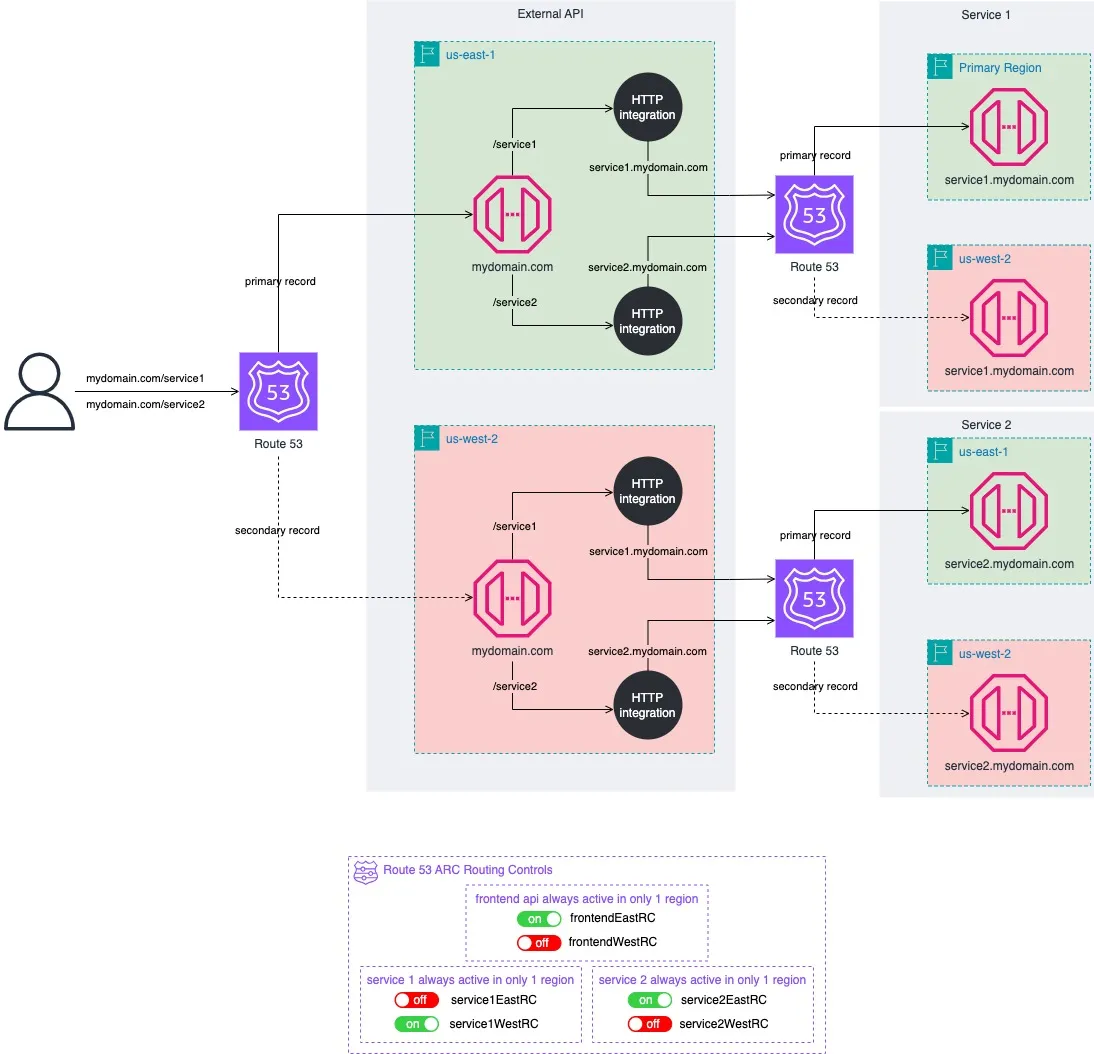
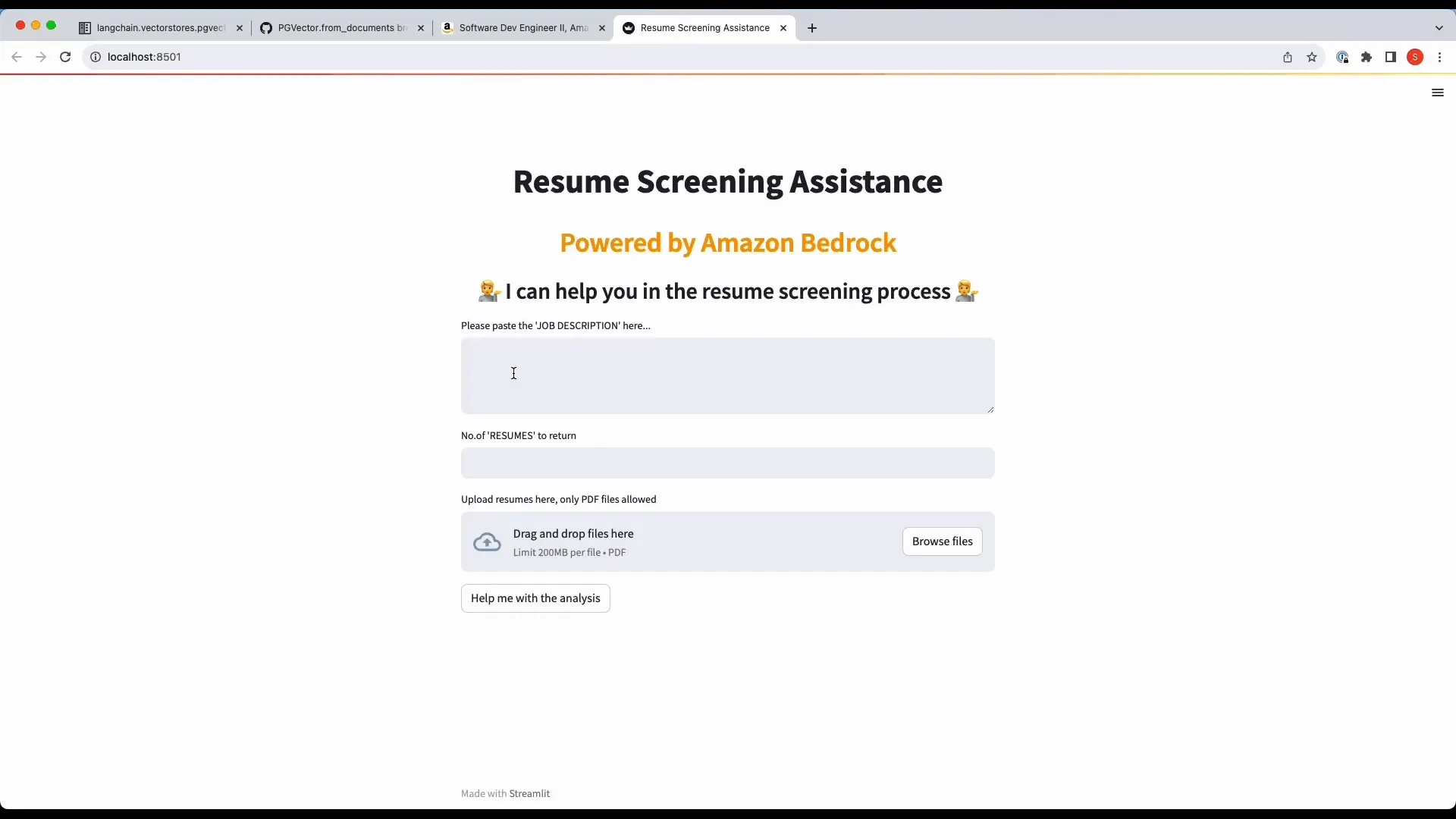
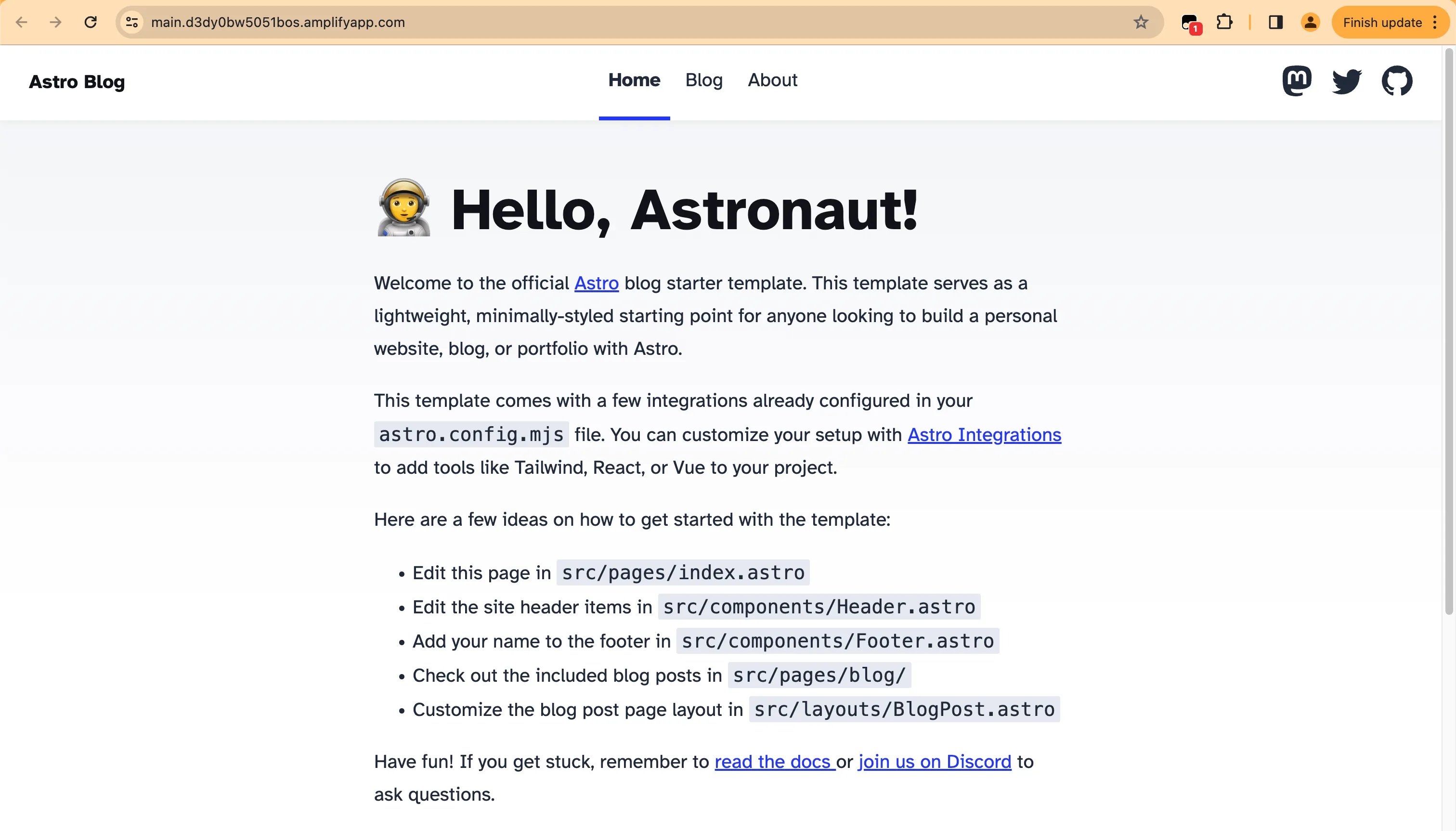
- Procure and deploy third-party EKS add-ons without leaving the EKS console shows you how to discover, subscribe to, and deploy a FIPS complaint Solo.io Istio service mesh using Amazon EKS add-on framework [hands on]
- How VMware Tanzu CloudHealth migrated from self-managed Kafka to Amazon MSKexplores how VMware Tanzu CloudHealth migrated from self managed Apache Kafka to Amazon MSK, exploring their journey and sharing insights learned
- Best practices to implement near-real-time analytics using Amazon Redshift Streaming Ingestion with Amazon MSK looks at the best practices to implement near-real-time analytics using Amazon Redshift streaming ingestion with Amazon MSK [hands on]
- Real-time cost savings for Amazon Managed Service for Apache Flink covers some aspects to consider when attempting cost-savings measures for Managed Service for Apache Flink
- VTEX scales to 150 million metrics using Amazon Managed Service for Prometheus is a case study on how VTEX managed observability using Amazon Managed Service for Prometheus to maximise operational engineering efficiency
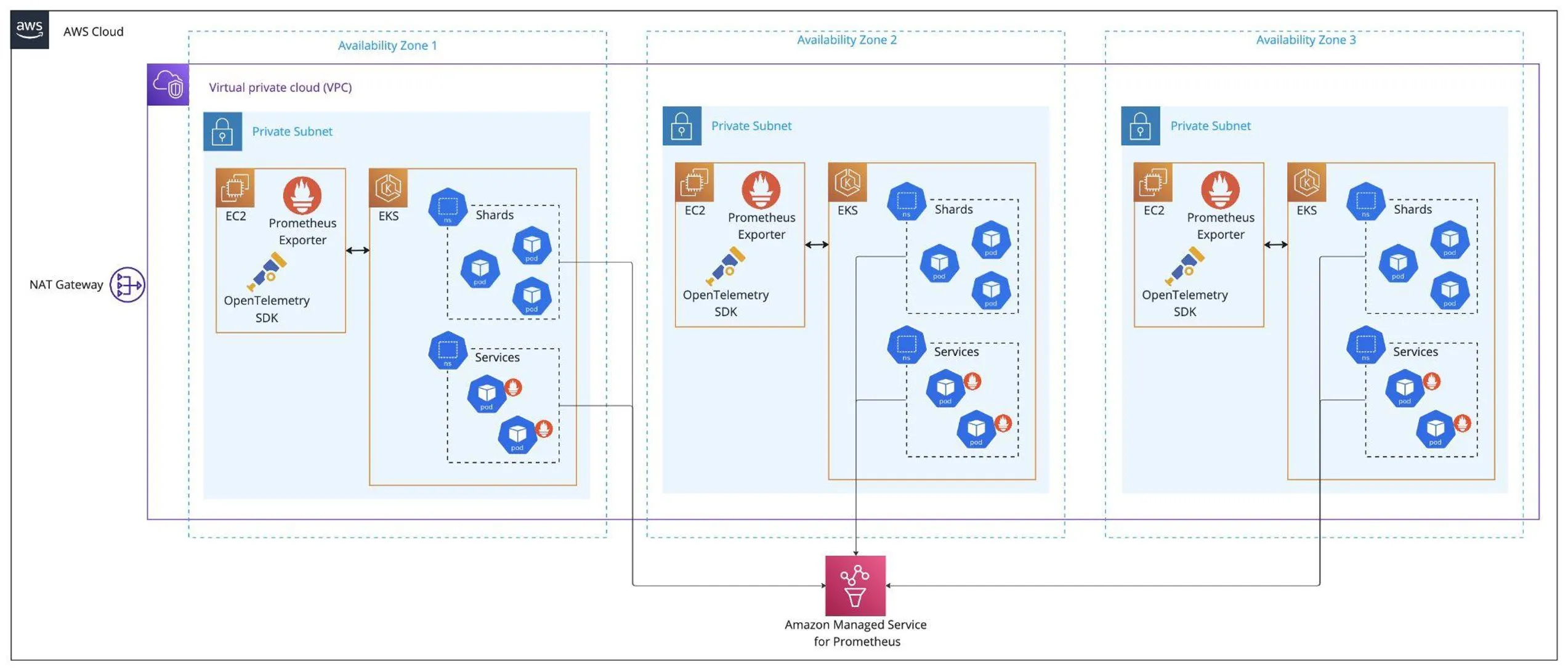
- In-stream anomaly detection with Amazon OpenSearch Ingestion and Amazon OpenSearch Serverless looks at a solution using OpenSearch Ingestion that empowers you to perform in-stream anomaly detection within your own AWS environment [hands on]
- Deploying Trino on EKS provides details a blueprint that will deploy Trino on an Amazon EKS cluster (Kubernetes version 1.29) with nodes provisioned using Karpenter [hands on]
- support for mounting user-defined file systems in AWS without stopping the cluster.
- Ability to disable sudo privileges for the default cluster user.
Any opinions in this post are those of the individual author and may not reflect the opinions of AWS.
